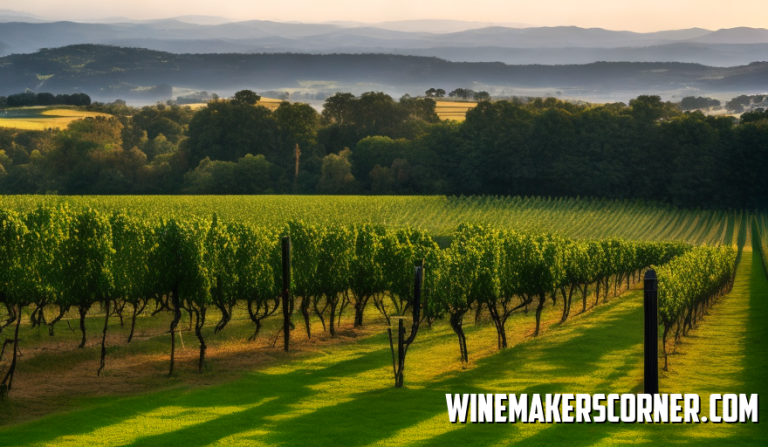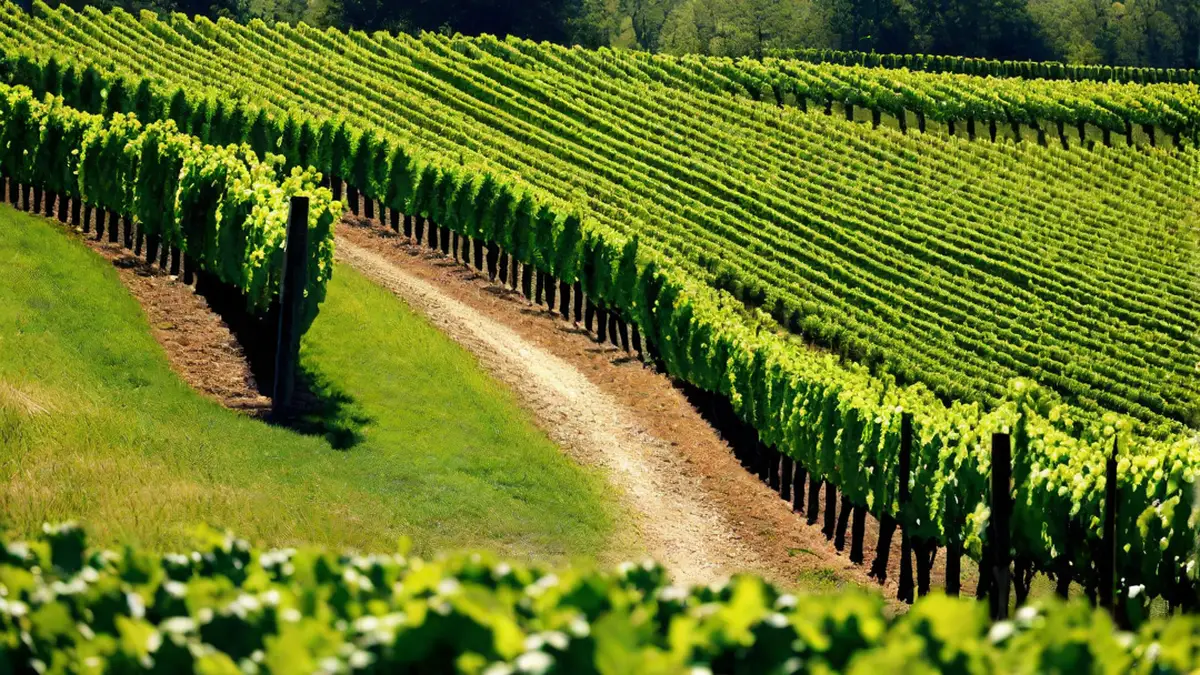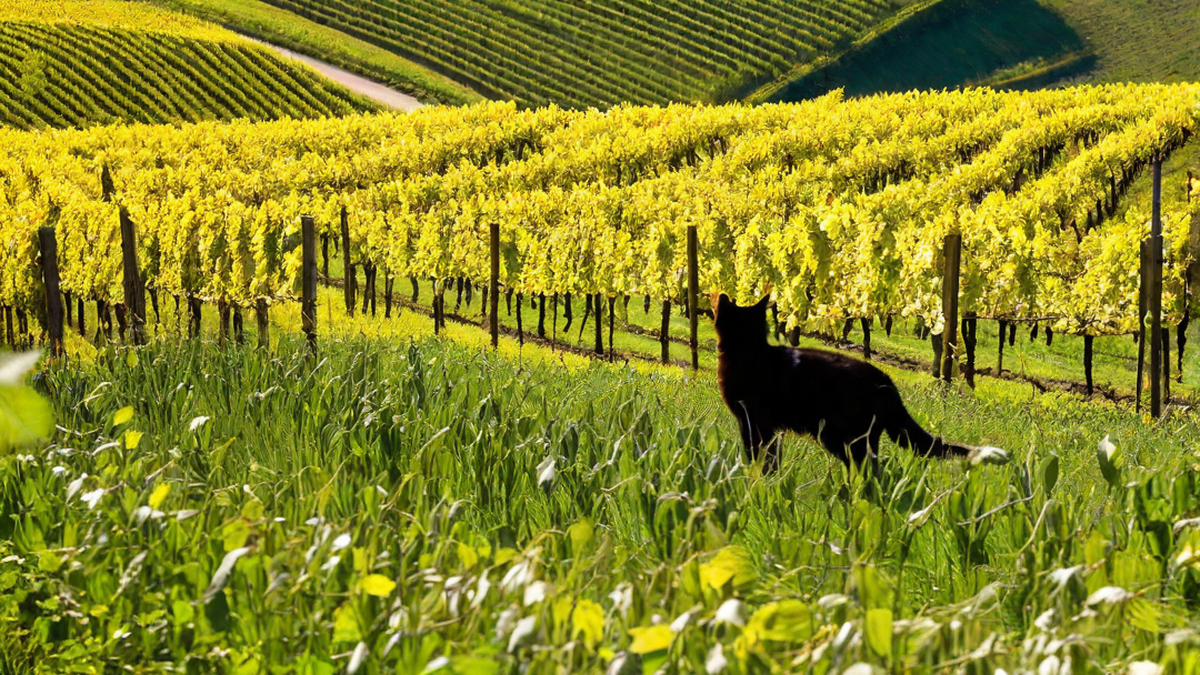Ah, wine! A word that brings forth feelings of joy, relaxation and pure pleasure.. The path from vineyard to velvety liquid on your palate is far from simple. Let us shine a light on the hero of winemaking. The wine filter system. In this article we will embark on a journey through the intricate world of wine filtration. We’ll explore its significance the various types available and how it contributes to that taste we all adore.
But hold onto your corkscrews! We won’t just scratch the surface here. We’ll delve into advanced filtration techniques common errors made by winemakers during this process and provide tips, for selecting and maintaining these vital systems. So pour yourself a glass of your vintage and get comfortable. It’s time to uncover what truly goes into creating that bottle of wine.
Understanding Wine Filter Systems
Wine filtration systems play a role in the winemaking process. They contribute to the appearance, taste and shelf life of wine by removing unwanted particles and enhancing clarity and stability.
The choice of filtration system depends on the type of wine being produced. There are three types; pad filters, cartridge filters and cross flow filters. Each has its distinct features that cater to different filtration requirements.
Pad filters use sheets made of cellulose or diatomaceous earth to trap particles. Although this method is cost effective it requires changes of the filter pads. Cartridge filters employ cartridges with varying pore sizes for filtration purposes. They are reusable and easy to clean making them popular among small scale winemakers.
Cross flow filters represent the advancement in wine filtration technology. They work by exerting pressure on the wine and passing it through a membrane with tiny pores. The outcome is clear and stable wines without significant loss of aroma or flavor.
However it’s important to note that excessive filtration can potentially remove elements such as tannins and color compounds from the wine alongside its visual improvements. Therefore precise control, over the filtration process is crucially important.
In conclusion having an understanding of wine filter systems is paramount when aiming to produce high quality wines.
By selecting the system that aligns with your unique requirements you can guarantee that your wines will not only possess an appealing visual aesthetic but also deliver an absolutely delightful taste sensation.
Different Types of Wine Filters
Filtering wine is a step in the winemaking process. It involves removing particles and sediments to ensure the wines clarity and stability. The choice of wine filters depends on factors such as the type of wine its stage in the winemaking process and the desired final outcome.
Many vintners opt for pad filters, which consist of sheets or pads made of cellulose. These pads allow the wine to pass through under pressure effectively removing particles. They are versatile cost effective and efficient.
Cartridge filters work similarly to pad filters. Use cylindrical cartridges instead of flat pads. With their surface area for filtration they can trap smaller particles more effectively.
Depth filters take filtration a step further by using a layer of diatomaceous earth or other media to trap particles throughout its depth rather than just on the surface like pad or cartridge systems. This method is capable of filtering out microscopic impurities but it requires careful handling due to potential health risks associated with inhaling diatomaceous earth dust.
Cross flow filters represent an advancement, in wine filtration technology. Of pushing unfiltered wine through under pressure these filters circulate it across a membrane filter. This innovative approach offers advantages in terms of efficiency and effectiveness.
A delicate approach that retains the unique qualities of the wines while also achieving a high level of clarity and stability.
In contrast sterile filters are specifically created to eliminate any yeast and bacteria from wine prior to bottling ensuring stability without the need for pasteurization or chemical additives.
Each type has its advantages and disadvantages depending on your specific requirements as a winemaker – cost, efficiency, impact on flavor profiles, ease of cleaning or replacing parts – all these factors contribute to determining which filter system would be suitable, for your winery operations.
Importance of Filtration in Winemaking
Winemaking is a blend of artistry, scientific knowledge and business acumen. It involves a process that demands precision, expertise and genuine passion. However one crucial aspect that often gets overlooked by winemakers is the importance of filtration. While it may appear insignificant at glance filtration actually plays a vital role in crafting exceptional wines.
Filtration goes beyond achieving visual clarity in the wine. Yes it does help create a liquid that sparkles in your glass. However its significance extends beyond aesthetics alone. The process of filtration effectively eliminates particles and microorganisms from the wine.
Why is this so essential? Well these particles have the potential to significantly impact the taste of the wine. If left unchecked they can introduce flavors or even spoilage. Filtration ensures flavor profiles across various bottles and batches.
Furthermore filtration also serves as a means to stabilize the wine itself. Unfiltered wines are susceptible to changes over time due to yeast or bacteria activity. This could result in fermentation within the bottle leading to spoilage or altering its intended flavor composition.
Nevertheless it’s important to note that filtration remains a topic of contention among winemakers. Some argue that excessive filtering can strip away flavors and aromas from the wine thereby diminishing its complexity and unique characteristics.
Therefore finding balance becomes paramount when it comes to implementing filtration techniques in winemaking practices – as, with many other aspects of this craft. An designed and skillfully executed filtration system should remove only what is necessary while preserving the desired qualities that make each wine truly exceptional.
To sum up filtration plays a role in the winemaking process by ensuring that wines are clear consistent, in flavor and stable. However like any tool or technique used in winemaking it should be applied carefully to achieve optimal outcomes.
How to Choose the Right Wine Filter System
Finding the wine filtration system is an art, a crucial element in the winemaking process. It’s not a one size fits all situation as there are factors to consider.
Firstly take into account the type of wine you’re producing. Red and white wines have filtration requirements. Reds often need robust systems due to their higher levels of particulate matter.
Next consider the scale of your production. Are you making wine at home. Running a commercial operation? The amount of wine you need to filter directly affects the size and capacity of the filtration system.
The clarity of your wine is another factor. If you prefer crystal wine you’ll require a system with finer filters. However if you don’t mind some haziness in your product a strict filtration system might be sufficient.
Additionally each filtration system has its maintenance needs and associated costs that should be taken into account. Some systems may seem affordable initially. Could prove expensive in the long run due to high maintenance requirements.
Lastly lets not forget about sustainability! As our awareness grows regarding our impact choosing an eco friendly wine filtration system has never been more relevant.
To sum up selecting the wine filtration system largely depends on your specific needs and preferences, as a winemaker.
Whether you’re considering white wines whether its produced on a large scale or by a passionate home brewing enthusiast and whether you value clarity or have concerns, about sustainability – every aspect matters! Therefore it is important to evaluate these factors before finalizing your decision to make a purchase.
Maintenance and Care for Your Wine Filter System
Taking care of your wine filter system is essential to ensure its longevity maintain the quality of your wine and keep you satisfied as a wine enthusiast.
Wine filter systems can be quite intricate with each component playing a role in achieving clarity and purity in your wine. Any malfunction can have an impact on the entire process.
Cleaning is of importance. It’s not about keeping your wine filter system visually appealing but also ensuring its proper functionality. Accumulated grime and residue can clog up filters leading to inefficiencies or even damage.
To begin carefully disassemble the unit so that you can clean each part separately and thoroughly. You can use soapy water or a cleaning solution approved by the manufacturer for this purpose.
Drying is often overlooked. It’s crucially important for maintenance. Any remaining moisture can lead to mold growth or corrosion over time, which could negatively affect the performance of your system.
Regular inspections should not be forgotten! Keep an eye out for signs of wear and tear such as cracks, loose parts or deteriorating seals. These may appear minor at first. If left unattended they could escalate into major problems.
Lastly make sure to replace filters as necessary – every six months, to one year depending on usage and manufacturer recommendations.Keep in mind that wine filter systems can be quite expensive. It’s important to take care of yours so that it can serve you well for many years to come.
The Impact of Filtration on Wine Taste and Quality
Filtration is a step in the process of making wine as it greatly influences the taste and quality of the final product. It’s not about achieving clarity; filtration also helps stabilize the wine and remove any undesirable elements that could impact its flavor or longevity.
At its core filtration requires precision. The system used can filter out extremely small particles, even individual yeast cells. This level of attention to detail directly affects the taste and texture of the wine ensuring a smoother and cleaner experience with every sip.
However it’s important to note that filtration is not a science. Different degrees of filtration can yield different outcomes. Light filtration may leave behind traces of sediment, which can contribute to a robust flavor profile but might slightly affect the color clarity. On the hand heavy filtration can result in wines that are crystal clear with delicate flavors but potentially lack some complexity.
Timing also plays a role in filtration. Filtration systems used after fermentation have effects on the taste compared to those used just before bottling. The timing becomes essential when aiming for characteristics in the final wine product.
Furthermore it’s worth noting that there is no one size fits all approach to filtration across grape varieties or vintages. What works well for a Sauvignon Blanc may not be suitable, for an aged Merlot or sparkling Prosecco.
Wine filter systems essentially serve as tools for winemakers to skillfully shape the character and quality of their products. It’s a blend of artistry and expertise striking a balance that lends each bottle its own distinctiveness.
Common Mistakes in Using Wine Filters
Filtering wine is an art that demands precision and care. However some wine enthusiasts often make errors that can compromise the quality of their wine.
To begin with it is common to make mistakes in selecting the filter. Not all filters are made equal; fine wines require filters while coarse wines need coarse ones. If you use a filter for a robust red you risk stripping away its unique character.
Furthermore impatience frequently leads to filtration. Proper filtration requires time. Rushing through the process can allow sediment to escape or even damage the flavor profile of your wine.
Improper cleaning of filters is another pitfall many people fall into. When residue builds up on the filters it negatively impacts both the taste and clarity of your wine. Regular maintenance is crucial, to keeping your filtering system effective and ensuring that your wine tastes its best.
Lastly overlooking the importance of pressure control during filtration can have consequences. It could cause filters to burst or even worse spoil your batch.
In conclusion mastering the use of a wine filtering system involves not having the right tools but also understanding their proper usage and maintenance requirements. By avoiding these mistakes you can ensure that your homemade wines are clear flavorful and enjoyed by all who partake.
Advanced Filtration Techniques in Winemaking
Winemaking is a blend of age old traditions and modern advancements. One significant area where innovation shines is in filtration methods. These advanced techniques play a role in producing top notch wines.
Traditional winemaking approaches often result in sediment formation, which can impact the wines clarity and taste. However advanced filtration systems tackle this challenge head on by removing impurities without compromising the wines essence.
Among the rising stars of filtration is filtration, which employs a specialized membrane to sift out unwanted particles while preserving the unique elements that give each wine its character.
Another noteworthy technique is osmosis, a cutting edge technology that expertly separates alcohol and water molecules from other components. The outcome? A balanced wine with heightened flavor profiles.
Yet it’s not about eliminating undesired elements; it also revolves around control and consistency. These advanced systems empower winemakers with control over their final product ensuring consistent quality from one batch to another.
To sum up advanced filtration techniques are revolutionizing winemaking by blending tradition, with technology guaranteeing pure enjoyment with every sip.




